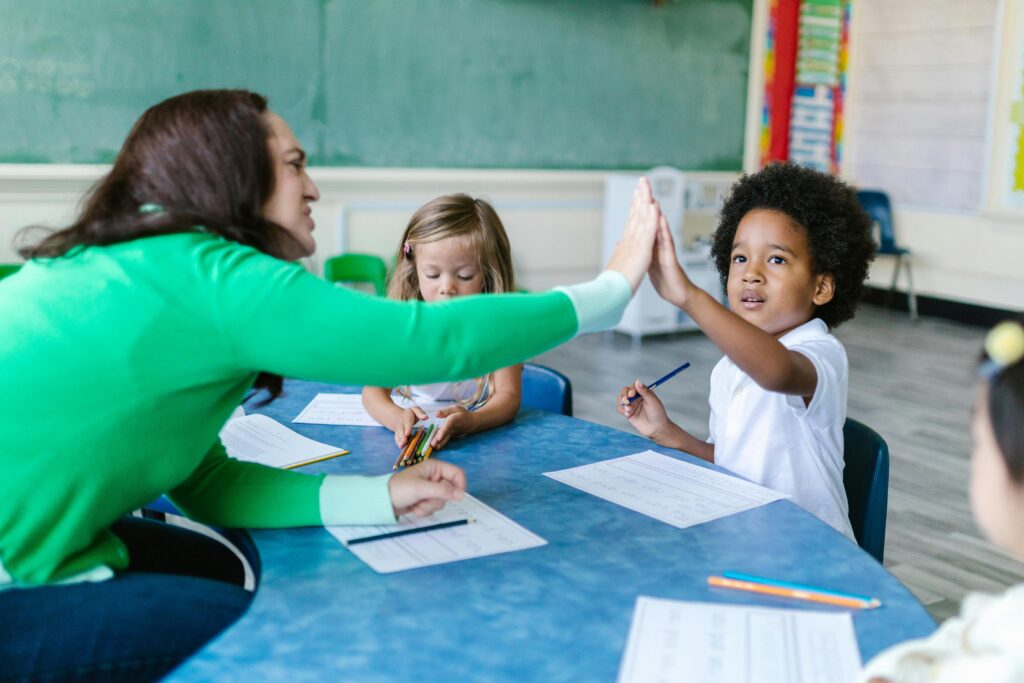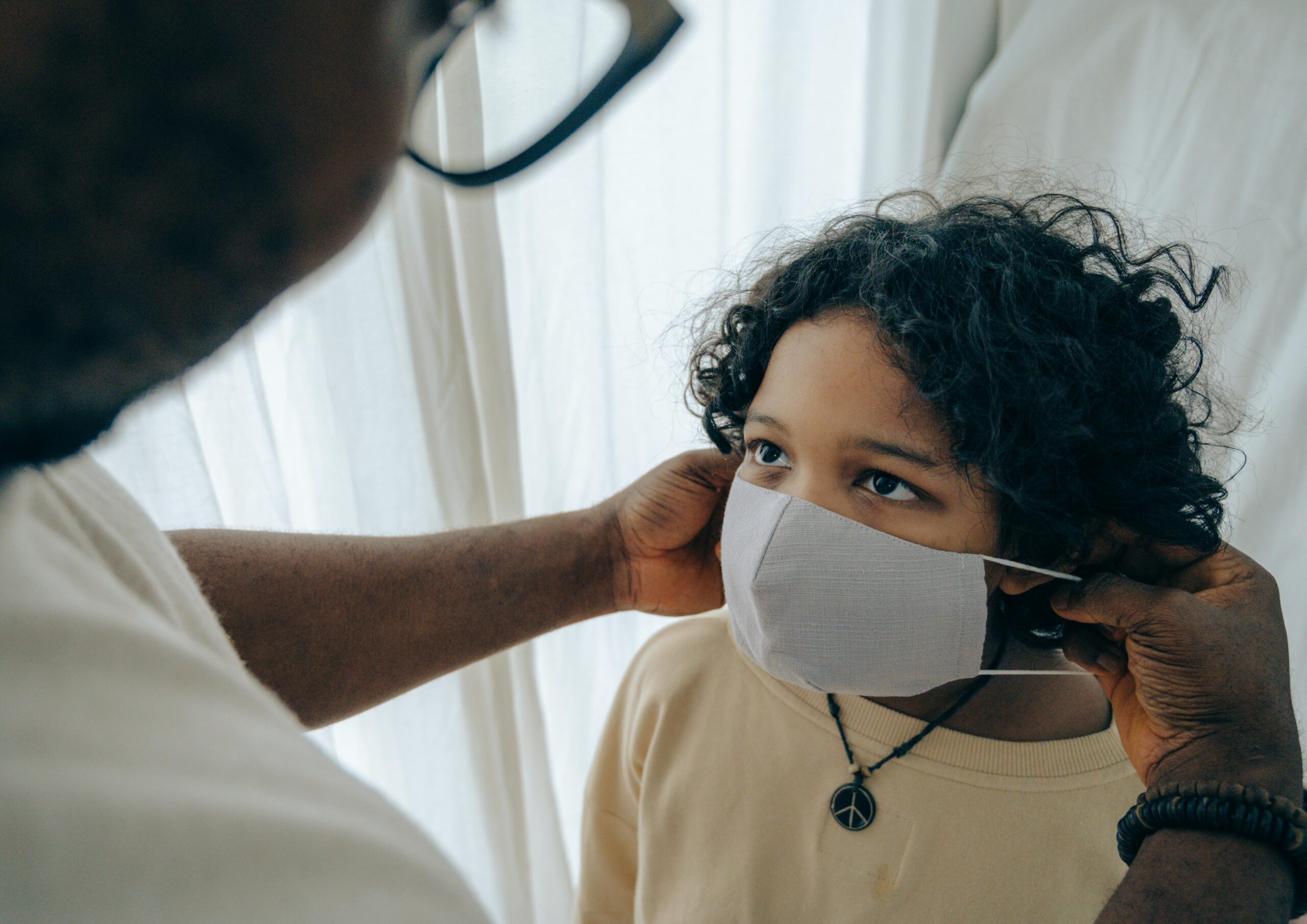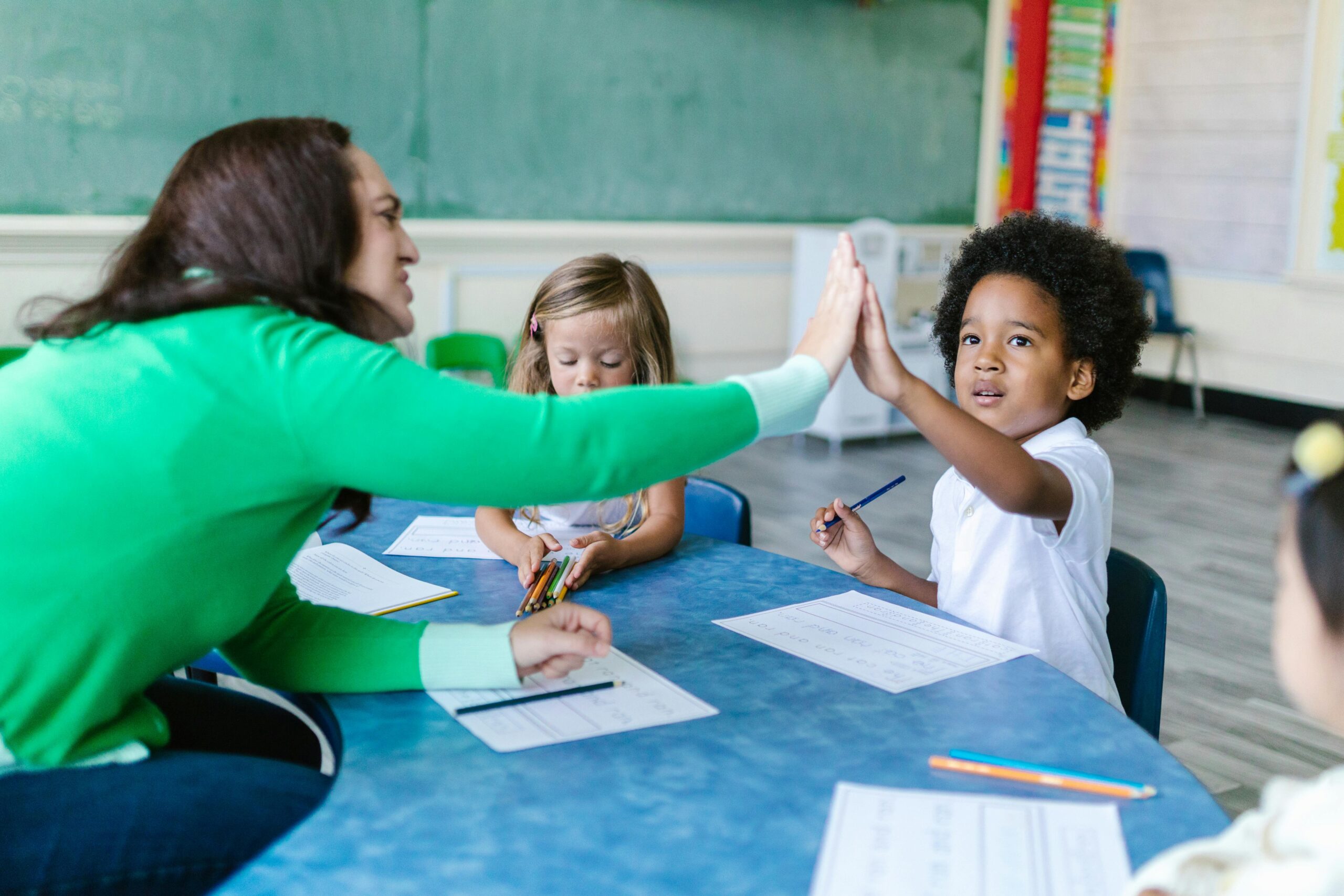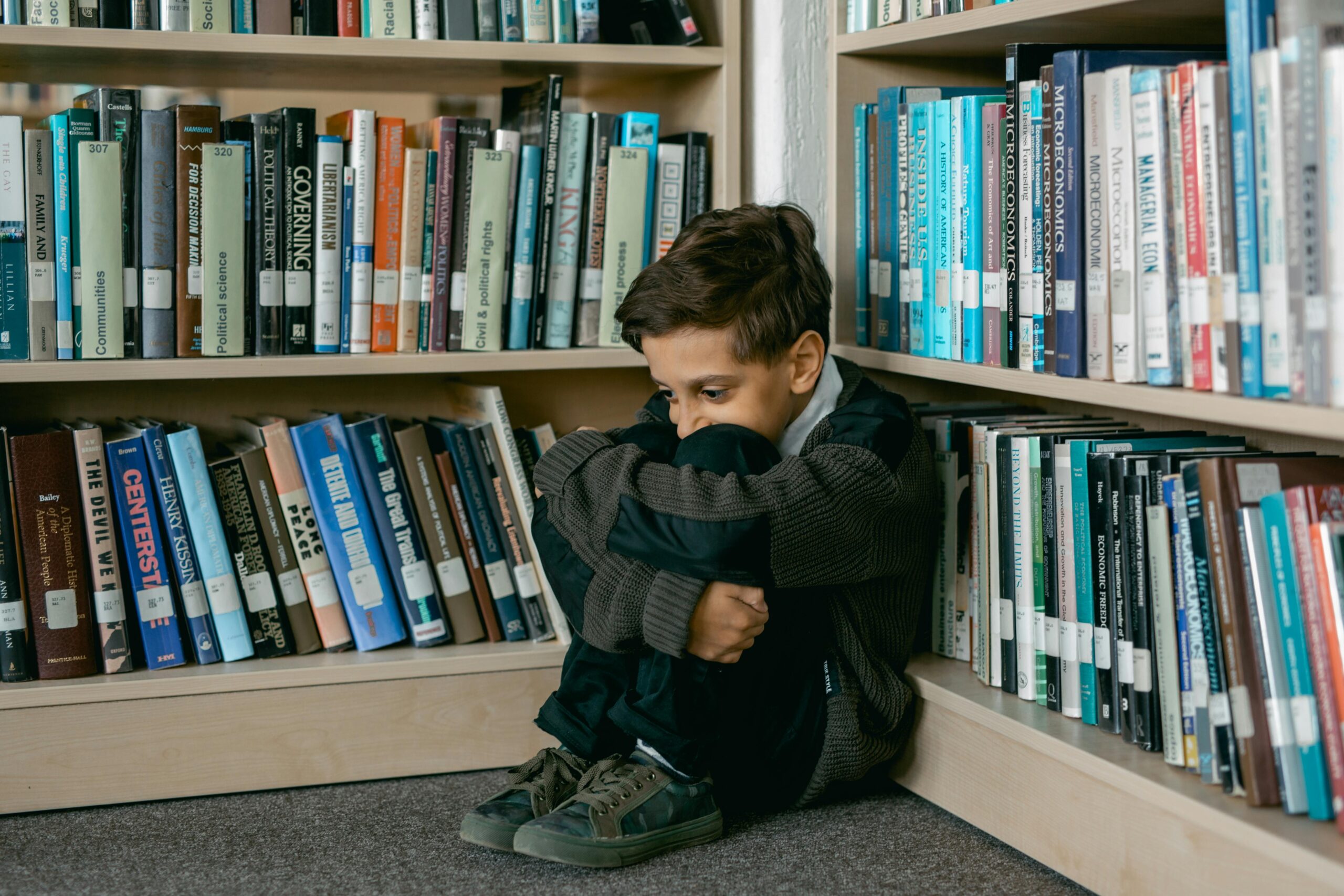What is a Relational Approach?
19 April 2025

You’ve probably heard the phrase “We take a relational approach” floating around in staff rooms, policies, or CPD slides. It’s one of those terms that feels good — human, warm, meaningful. But what does it actually mean in practice? And more importantly, why does it matter?
At its heart, a relational approach is about recognising that learning, and life, happens within relationships. Children don’t develop in isolation. They grow, thrive, and make sense of the world through the connections they have with others: teachers, peers, family and their wider community.
When we take a relational approach in schools, we centre those connections. We say: how we connect with children matters just as much as what we teach them.
More than just being “nice”
A relational approach is not about ‘soft discipline’ or lowering expectations. It’s not about letting behaviour go unnoticed or endlessly excusing harmful actions. It’s about seeing behaviour through the lens of connection and need, not control and compliance.
Relational practice asks: what is this child communicating? What’s going on underneath the surface? Rather than jumping straight to consequence, it encourages us to pause, to be curious, and to respond with empathy and clear boundaries.
This approach is grounded in everything we know about child development, attachment, trauma, and neuroscience. Children, and adults, are wired for connection. When a child feels safe, seen and valued, they’re far more likely to regulate their emotions, engage in learning, and build healthy relationships.
So, what does it look like in schools?
Relational approaches will likely look different in every setting, and that’s part of their strength. There’s no one-size-fits-all formula. But across the board, relational schools tend to:
- Prioritise relationships as the foundation for learning, not just an ‘add-on’.
- Respond to behaviour with curiosity and connection, not just rules and rewards.
- See the whole child, including their emotional world and lived experiences.
- Support staff wellbeing and reflection, recognising that relational work can be emotionally demanding.
- Work in partnership with families, rather than in conflict with them.
It’s not about being perfect or endlessly patient. It’s about consistency, repair, and offering children what they may not have experienced before: a stable, respectful, responsive adult relationship. We remember that as within all relationships, there will be moments where understanding feels out of reach, mistakes are made and emotions run high. What that means is that we also must consider how we repair, reflect and move forwards when things aren’t plain sailing.
Language matters: what do we mean by “relational”?
Like many words in education, ‘relational’ risks becoming overused without being fully understood. Sometimes, it’s tagged onto a policy or behaviour framework without clear practice to back it up. Other times, it’s used to describe approaches that still rely heavily on sanctions and exclusion.
True relational work is underpinned by values such as respect, empathy, dignity, and safety. It demands that we really know our pupils and that we build systems around connection rather than compliance. That might mean slowing down, adapting routines, or repairing ruptures when relationships break down (because they will — we’re all human).
It also means making room for student voice. A relational school doesn’t just do things to or for children; it works with them. This includes listening to how they experience school, involving them in decisions that affect them, and recognising their strengths and identities as central to how they learn.
This approach matters now more than ever
In a post-pandemic world, with rising levels of anxiety, challenges for some in attending school, and unmet need, taking a relational approach isn’t just helpful. It’s essential. Children who feel disconnected or dysregulated don’t need tougher rules. They need connection, predictability, and adults who hold both high expectations and deep compassion.
A relational lens helps us shift the question from “What’s wrong with this child?” to “What could have happened to them?” and ultimately to “What do they need from us, right now?”
Research consistently backs this up. The Department for Education’s guidance on Behaviour in Schools (2022) encourages schools to create behaviour cultures that are inclusive and respectful. The Scottish Government’s Included, Engaged and Involved guidance champions nurturing, relational responses to inclusion and attendance. Studies from organisations like the Attachment Research Community and BoingBoing highlight how relational and trauma-informed practices reduce exclusions, improve attendance, and support staff wellbeing too.
Holding the whole community in mind
It’s easy to focus on how we support our children, but relational approaches also ask us to look at how we treat each other. Do staff feel safe, heard and supported? Do families feel judged or welcomed? Are policies written with people in mind, not just systems?
A moment to reflect
- What does “relational” look like in your setting, not just in policy but in daily practice?
- Who are the pupils who might be pushing boundaries right now, and how might connection help shift the pattern?
- What’s one small way your team could protect time and space for relationships, even on the busiest days?
Final Thoughts
Taking a relational approach isn’t about having all the answers. It’s about being present, being curious, and staying connected — even when it’s hard. Especially when it’s hard.
This work can be emotionally demanding. It asks a lot of us: patience, reflection and consistency. But it’s also deeply human work. When we choose connection over control, we create spaces where children and adults can show up fully and grow.
If we want children to learn, we must first make them feel safe, seen and supported. Relationships are not a side issue; they are the work.
📚 References & Links
Department for Education. (2022). Behaviour in schools: Advice for headteachers and school staff.
Scottish Government. (2019). Included, Engaged and Involved Part 1: Attendance in Scottish Schools.
Boingboing. (2021). Relational Practice and Resilience: An overview of approaches in schools.
Attachment Research Community. (2022). Relational Practice in Schools: Evidence and Reflections.
Perry, B. D., & Szalavitz, M. (2021). What Happened to You? Conversations on Trauma, Resilience, and Healing.

THE TIME FOR KINDNESS
AND CONNECTION IS NOW
We know just how busy you are. We’d love to chat to you about how these courses work and the impact they will have on your school. You may also be unsure about what level of training your school may need – let’s talk!
We’ll get to know you, your school and the needs of your children, staff and community to deliver a bespoke and unique session.
Catch up on news!
Things move quickly. Here you’ll find our thoughts, ideas, research and musings on industry developments and the world of kindness and connection. Take a read..



